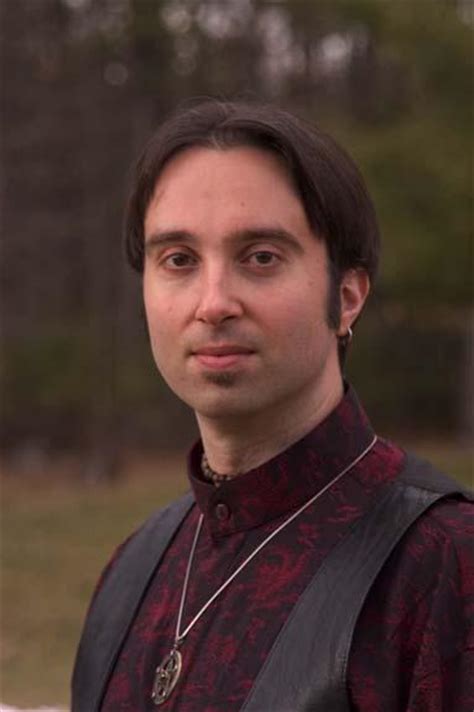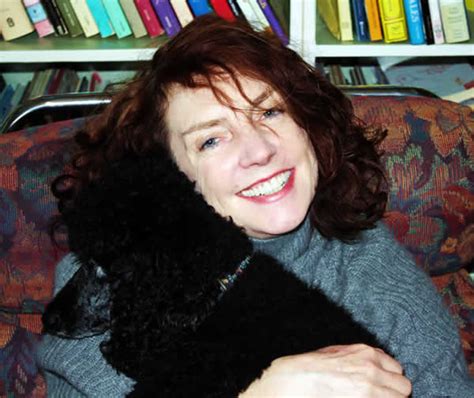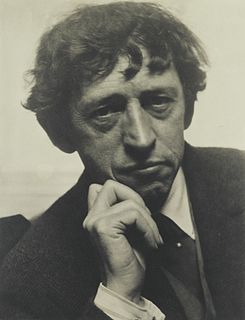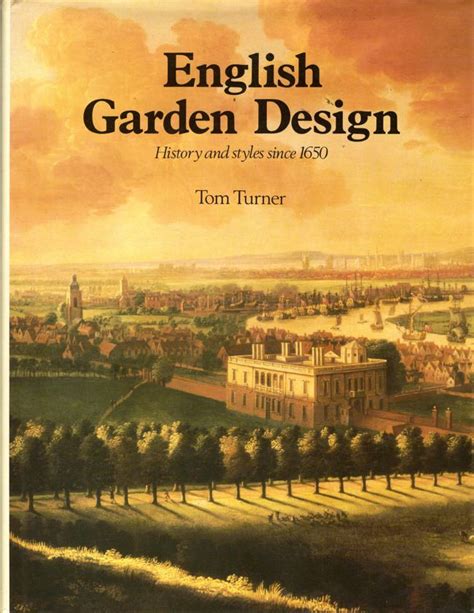A Quote by Elizabeth Lesser
We have little control over the outer weather patterns as we make our way through the landscape of a life. But we can become masters of the inner landscape. We can use what happens on the outside to change the way we function on the inside.
Related Quotes
The landscape is a reflection of the inner life. Since I can't shoot the inner life, all I can shoot is the exterior but I know that when I'm filming outside, I'm filming inside. I can only really touch the inside through the mise-en-scene. So through the mise-en-scene of the outside we can explore the inside
I've become really interested in the landscape but not as landscape but more as it relates to mood and how we live and how the outside impacts on the inside. I didn't really look at the outside world during the years I was photographing the Ballad as I was locked inside my house and I lived totally inside.
Many people forget that magick is all about change, and the greatest change is the inner, not the outer, landscape. Outer magickal changes - such as immediately getting a new job, lover, or physical healing - seem more impressive at first, but the inner changes last longer. They are the most impressive. Anyone can learn to do some basic spells and have good results, but the practitioners who develop a solid spiritual and magickal practice become more centered, calm, healthy, and truly confident over time are the magicians who impress me.
It is true that I can trip over anything and nothing – a speck of dust, a patch of sunlight, an idea. I move through life like a person with one eye, through a landscape that looks flat, but is really tricked out with hidden depths and shallows. It didn’t use to be so, but no matter. I navigate the world well enough in my own way.
The rhythm of walking generates a kind of rhythm of thinking, and the passage through a landscape echoes or stimulates the passage through a series of thoughts. The creates an odd consonance between
internal and external passage, one that suggests that the mind is also a landscape of sorts and that walking is one way to traverse it. A new thought often seems like a feature of the landscape that was
there all along, as though thinking were traveling rather than making.
As instruments for knowing the objects, the sense organs are outside, and so they are called outer senses; and the mind is called the inner sense because it is inside. But the distinction between inner and outer is only with reference to the body; in truth, there is neither inner nor outer. The mind's nature is to remain pure like ether.
Just the way sound creates visible waves as it travels through a droplet of water, our "belief waves" ripple through the quantum fabric of the universe to become our bodies and the healing, abundance, and peace-or disease, lack, and suffering-that we experience in life. And just the way we can tune a sound to change its patterns, we can tune our beliefs to preserve or destroy all that we cherish, including life itself.
If, on the other hand, conservationists are willing to insist on having the best food, produced in the best way, as close to their homes as possible, and if they are willing to learn to judge the quality of food and food production, then they are going to give economic support to an entirely different kind of land use in an entirely different landscape. This landscape will have a higher ratio of caretakers to acres, of care to use. It will be at once more domestic and more wild than the industrial landscape.
The strengths landscape architecture draws from its garden design heritage include: the Vitruvian design tradition of balancing utility, firmness and beauty; use of the word 'landscape' to mean 'a good place' - as the objective of the design process; a comprehensive approach to open space planning involving city parks, greenways and nature outside towns; a planning theory about the contextualisation of development projects; the principle that development plans should be adapted to their landscape context.
I'm interested in the way the whole cultural landscape can shift over time. Okay, this will seem like a silly example, but look at the whole discourse around "selling out," a concept people say is irrelevant because there's no more distinction between mainstream and underground, inside and outside (which I don't really believe, but that's another issue).



































